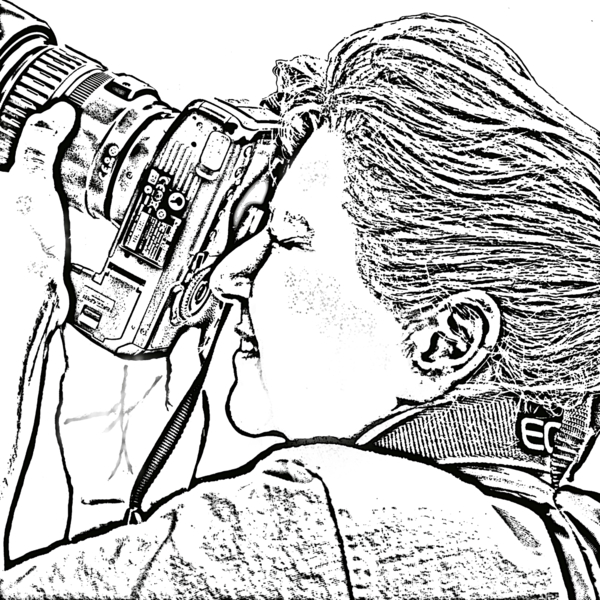Did you know that every employer listens closely to the way you talk? A great first impression starts with the employee demonstrating that she is good with listening and understanding others; she is someone confident, clear, and direct when she speaks. Following this rule, Carol Miller went from disc jockey to project manager via competent communication. In this following, Ms. Miller speaks on oral and written communication and what advice she preferred to have at the beginning of her career. She promotes the need of good professional writing and spoken communication. With more than 40 years of experience, Ms. Miller has advice for the young professionals that she believes will help them as they begin their careers. Nonetheless, here are her views that have come from her different experiences throughout the workplace.
What is your professional history (include your timeline and roles)?
Ms. Miller: ” 1979-1980, Disc Jockey.
1980-1991 – Insurance agent/agency owner.
1991-1995 – Legal secretary for Hardin Jesson & Terry Plc.
1995-2002 – Administrative assistant for COO of Beverly Enterprises.
2002-2005 – Office manager for The Sparks Foundation.
2005-2008 – Director with University of Arkansas Fort Smith(UAFS) Foundation.
2008-2015 – Buyer/Senior Buyer for UAFS.
2016 – Construction manager/risk manager for UAFS.
2017- present, Project manager/ HRIS systems.”
What writing advice do you have for professional communicators?
Be concise. Don’t waste the listener’s/reader’s time.
 Credit: Unsplash
Credit: Unsplash
Ms. Miller: “When writing, use good grammar, spelling, and punctuation. Nothing says “I’m inept” like sloppy writing.”
What is your one pet peeve when it comes to professional writing?
Ms. Miller: “Including an excessive amount of information that is not pertinent. I want you to tell me what I need to know so I can move on to something else.”
What kind of business reports do you read and/or compose regularly?
Ms. Miller: “Unfortunately, I won’t be much help with this question as I don’t read or compose many business reports.”
What are your writing suggestions to make that type of report successful?
Ms. Miller: “Refer to my answer for question two with regard to professional writing.”
What speaking advice do you have for professional communicators?
Ms. Miller: “It sounds rudimentary, but don’t rush. Speak slowly and clearly. If it’s not your nature to speak slowly and clearly; practice, practice, practice.”
Name one thing you wish you had known about business communication prior to your professional career?
Ms. Miller: “Keep it professional; don’t include too much personal detail.”
After assessing the Burning Glass list of Baseline Skills (2016), which skills not in the top 5 would you move into the top 5…and why?
I would include Problem Solving and Planning.

Credit: Burning Glass Techniques
Ms. Miller: “Problem solvers create solutions. Also, they tend to work well on their own and do not require much supervision. Planners think ahead and make better use of their time by avoiding roadblocks.”
What team skills do you feel young professionals need the most?
Ms. Miller: “Emotional intelligence and empathy.”
Key Takeaways
With that being said, it is noticeable to see that Ms. Miller has an abundance of experiences and knowledge that she learned along the years. She highlights throughout her interview, the importance of being concise, straightforward and making sure that written information is of professional value. Ms. Miller states that in oral business communication, it is crucial to make sure that everything is completely thought through and steadily spoken.
Allow some space in time between your major points to give listeners the opportunity to jot something down or ponder what was said.
She continues to state skills that she believes is of importance in any field, problem solving, and planning. Ms. Miller presumes that those two skills are mandatory to a successful career and climbing up the corporate ladder. Employees with these skills are to have a greater chance because of the way they use their time. With everything Ms. Miller stated throughout this interview, it becomes clear that communication is a way bigger asset than most college students/millennials think due to the type of generation they have grown up in. Communication is an asset that every individual needs to develop on. It is a key trait that employers enforce in every workplace, but it first starts in the classroom.
Carol Miller Biography

Credit: CarolLMiller Photography
Carol Miller grew up in Fort Smith, Arkansas where she graduated from Northside High School. Ms. Miller then received her undergraduate degree in Human Resources at the University of Arkansas. In Ms. Millers’ childhood, she picked up a hobby that is now near to her heart, photography. Further down the line, she has an actual business for her photography, CarolLMiller Photography. Ms. Miller has many of different experiences within the field of Human Resources from disc jockey to a legal secretary to now being the project manager for UAFS and being in charge of UAFS HRIS systems. Her skills include office management, executive administrative assistance, data entry, customer service, training, fundraising, budgeting, and many more.
Carol Miller LinkedIn Profile: https://www.linkedin.com/in/carol-miller-a86442b2
Cianna Duncan is a Junior at the University of Southern Indiana (USI). She pursues a Computer Information Systems (CIS) degree with a minor in Spanish Studies. Cianna is the Vice President of Engagement in the USI Chapter of College Mentors for Kids and is also the Engagement Director of Kingdom Citizens Campus Ministry. She receives her bachelors degree in the spring of 2021. Click here for her LinkedIn.

